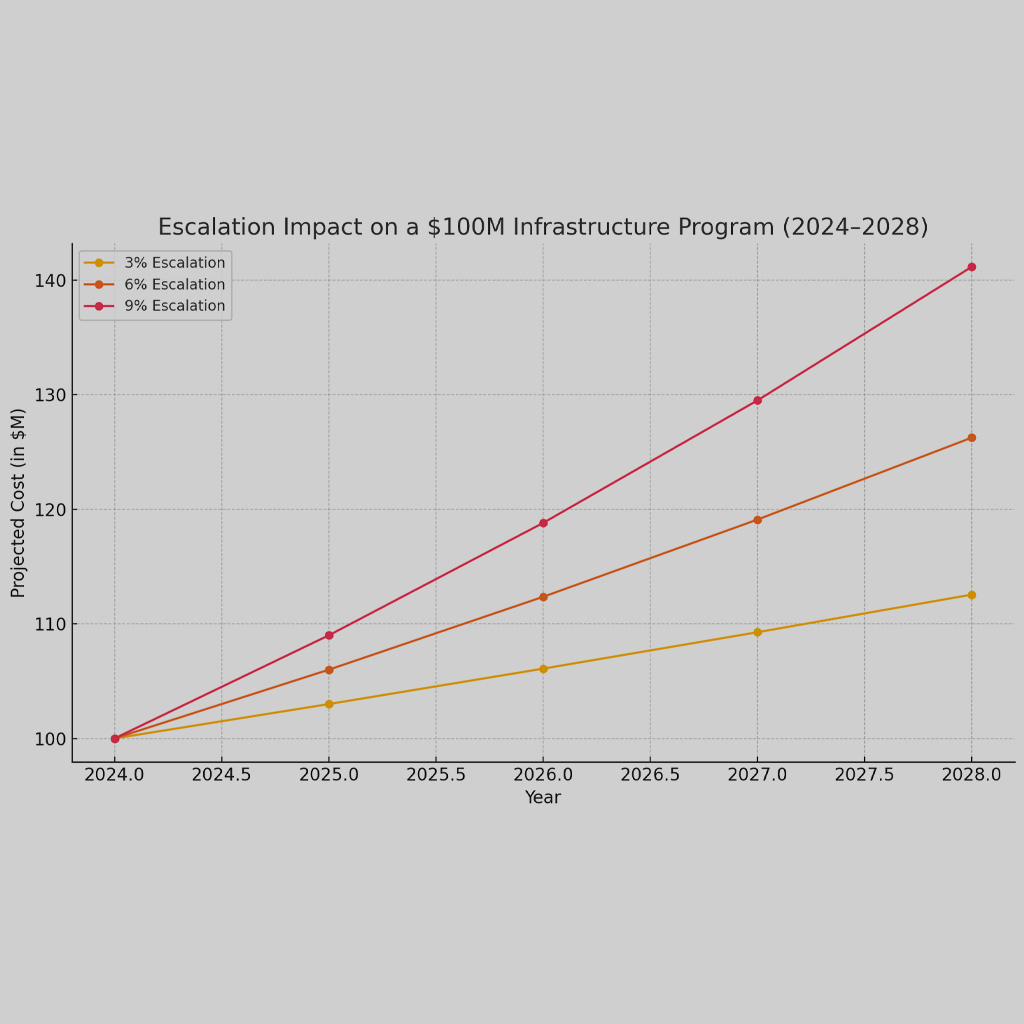When it comes to capital improvement bond programs, the multifaceted and layered nature of these initiatives calls for an organizational structure that offers clarity and differentiation of roles. This organizational structure is particularly crucial in roles as significant as the General Engineering Consultant (GEC) and the Program Management Consultant (PMC). As a capital improvement bond program management consultant, I can attest to the necessity of this separation. It is not only about promoting efficiency and effectiveness in the delivery of these projects but also to ensure the preservation of quality, transparency, and ultimately, the successful completion of the capital improvement bond programs.
Let’s delve into understanding the unique role of a General Engineering Consultant, or in many instances called the General Engineering Consultant. A GEC is essentially an entity entrusted with overseeing, coordinating, and managing every detail of the construction process. This role involves collaborating with various stakeholders, resolving on-site issues, ensuring quality control, and making critical decisions that directly impact the project’s progress and success.
On the other hand, a Program Management Consultant, like myself, operates at a more macro level, with a purview that extends beyond the individual projects to encompass the entire program. PMCs are responsible for aligning the program’s objectives with strategic goals, facilitating efficient resource allocation, providing expert advice, and proactively identifying and mitigating potential risks. PMCs help navigate the intricate corridors of these programs to ensure their smooth execution.
The primary reasons to advocate for the clear separation between the GEC and PMC roles in a capital improvement bond program are manifold.
1. Skill Set and Focus: The nature of the tasks handled by a GEC requires an in-depth knowledge of the construction process, excellent problem-solving skills, and an ability to make quick, informed decisions in a high-pressure environment. Conversely, a PMC requires strategic thinking, a comprehensive understanding of the broader goals, and risk management abilities. While there might be some overlap, the focus of each role is distinct and should remain separate for maximum efficiency.
2. Avoidance of Conflict of Interest: By separating these roles, one can effectively avoid any potential conflicts of interest. For instance, a GEC might need to make decisions that expedite project completion but might incur additional costs, contradicting the PMC’s responsibility to ensure budget control across the program.
3. Quality Assurance and Control: A separate PMC allows for an extra layer of scrutiny on the construction project. The PMC can provide unbiased reviews and audits of the GEC’s work, ensuring adherence to standards and preventing costly errors or omissions.
4. Risk Management: A PMC, with its wider perspective on the program, is better equipped to foresee and mitigate broader risks that might not be immediately apparent to a GEC focused on specific projects.
5. Enhanced Communication: A PMC serves as a communication bridge between the stakeholders and the GEC, filtering, and streamlining information flow. This separation aids in keeping stakeholders updated about project status without overwhelming them with technicalities.
The differentiation of the General Engineering Consultant and Program Management Consultant roles is a strategic choice aimed at promoting efficiency, transparency, and success in the execution of capital improvement bond programs. This separation leverages the unique skill sets of both roles, minimizes conflicts of interest, and promotes effective risk management, quality control, and communication. It is not just a recommendation; it is a critical success factor in the intricate dance of capital improvement bond programs.
At Front Line Advisory Group, we are pioneers in Capital Improvement Bond Management, leveraging unparalleled expertise and deep industry insights. Our mission extends beyond consultation – we empower our clients to realize the full potential of their investments, ensuring tax dollars are put to maximum use through astute Program Management Consulting. For more information or to commence your journey towards transformative bond management, reach out to us at info@frontlineadvisorygroup.com













